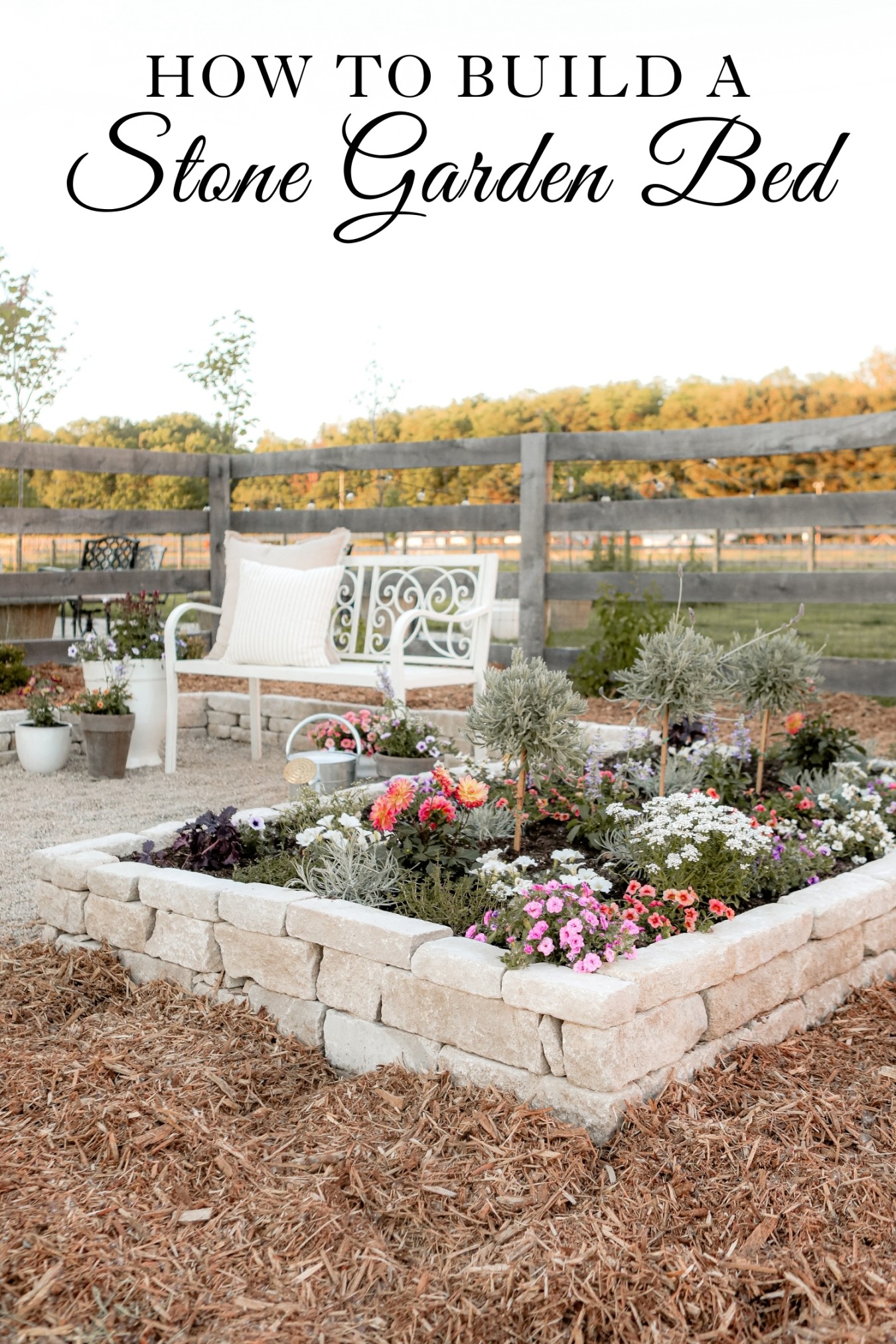Stone Raised Garden Beds: A Durable and Stylish Gardening Solution
Stone raised garden beds offer a unique and practical approach to gardening. These elevated beds, constructed with natural stone, provide numerous benefits for both novice and experienced gardeners.
Benefits of Stone Raised Garden Beds
Improved Drainage: The elevated design promotes excellent drainage, preventing waterlogging and root rot.
Choosing the Right Stone
The choice of stone for your raised bed depends on factors such as availability, budget, and desired aesthetic. Popular options include:
Limestone: A soft, porous stone that weathers beautifully over time.
Construction Tips
When constructing a stone raised bed, consider the following tips:
Plan the Layout: Determine the size and shape of your bed, taking into account the available space and your gardening needs.
Maintenance and Care
Stone raised beds require minimal maintenance. Regular watering and fertilizing are essential, especially during dry periods. Monitor the soil moisture levels and adjust watering accordingly. Mulching can help conserve moisture and suppress weeds.
Conclusion
Stone raised garden beds are a versatile and attractive addition to any garden. By providing optimal growing conditions and a stylish aesthetic, these beds can elevate your gardening experience. Whether you’re a seasoned gardener or a beginner, consider incorporating stone raised beds into your outdoor space.

